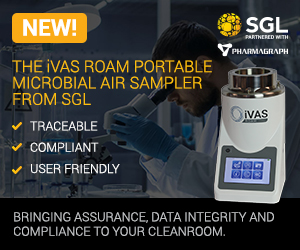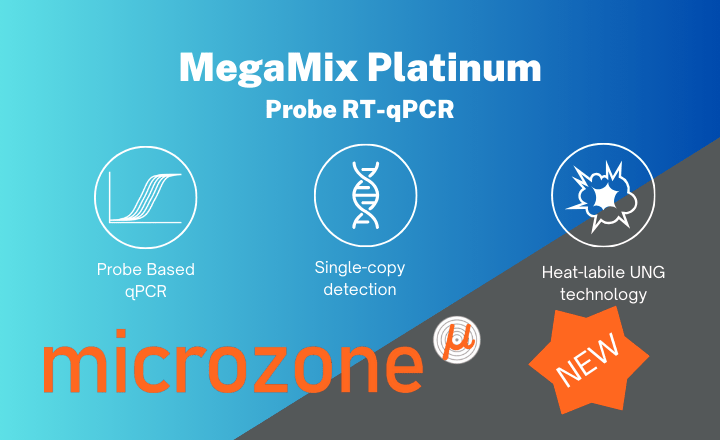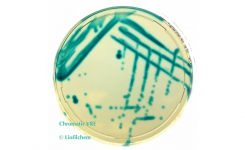Two and a half hours is all it takes for the BD Max™ Check-Points CPO assay to detect the five most common carbapenemase genes in a patient’s sample. This Carbapenemase Producing Organism (CPO) molecular assay is now available for use in clinics across the US after BD and Check-Points Health B.V. received US FDA 510(k) clearance for this screening test.
Typically, it takes one week for results to come back to confirm that a patient is carrying a CPO or not. The arrival of CPOs in clinical settings causes much stress on hospital resources, as patients carrying the resistant bacteria have to be separated and left feeling stigmatized. As they are highly contagious, this recent FDA approval can allow these highly infectious bacteria to be detected sooner, and it will help trace the path of transmission of them, thus preventing any more vulnerable people from being infected.
There are five major carbapenemase genes that are most often found in human clinical specimens, and the BD Max Check-Points CPO assay detects them all. These are KPC (Klebsiella pneumoniae carbapenemase), VIM (Verona integron–encoded metallo-β-lactamase), NDM (New Delhi metallo-β-lactamase), OXA-48 (Oxacillinase-48 and OXA48 like variants), or IMP (Imipenemase).
The BD MAX Check-Points CPO Assay can be performed in approximately 2.5 hours, as compared to culture methods, which will take 48 hours for a negative result and up to 96 hours for a confirmed positive result.
Summary: A rectal swab is collected and transported to the laboratory. The specimen sample is homogenized, and an aliquot is transferred into a BD MAX Check-Points CPO Sample Buffer Tube. The Sample Buffer Tube is placed into the BD MAX System, and the following automated procedures occur Bacterial cells lysis, DNA extraction and concentration, reagent rehydration, nucleic acid amplification, and detection of the target nucleic acid sequence using real-time polymerase chain reaction (PCR). Amplified targets are detected with hydrolysis probes labeled with quenched fluorophores. The assay also includes a Sample Processing Control, that is present in the Extraction Tube and undergoes the same extraction, concentration, and amplification steps to monitor for inhibitory substances, instrument or reagent failure. No operator intervention is necessary once the clinical specimen and reagent strip are loaded onto the BD MAX System. The amplification, detection, and interpretation of the signals are done automatically by the BD MAX System.
























